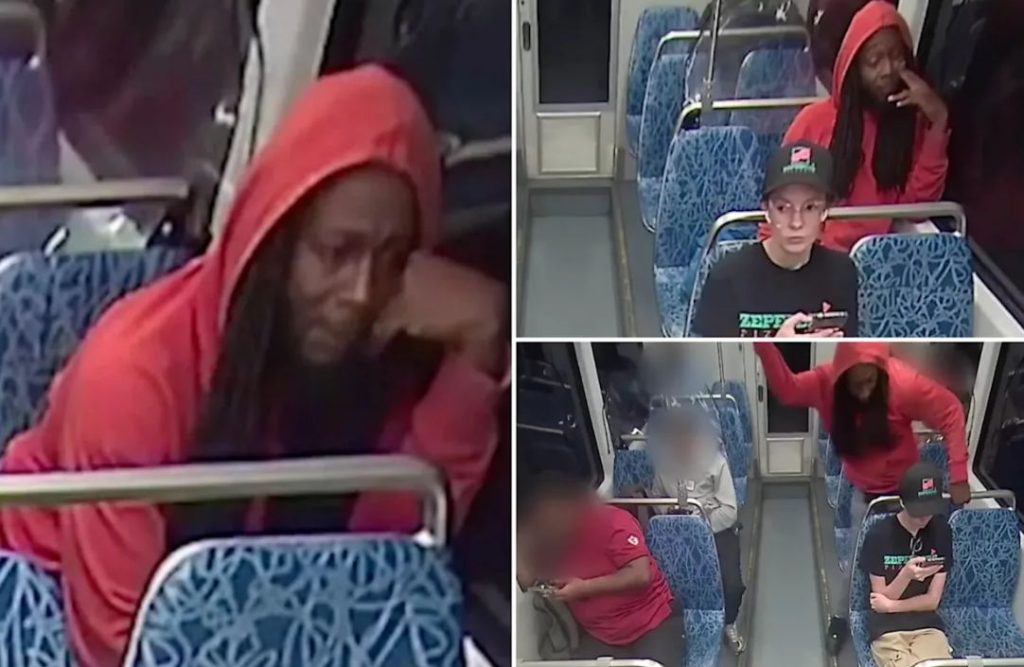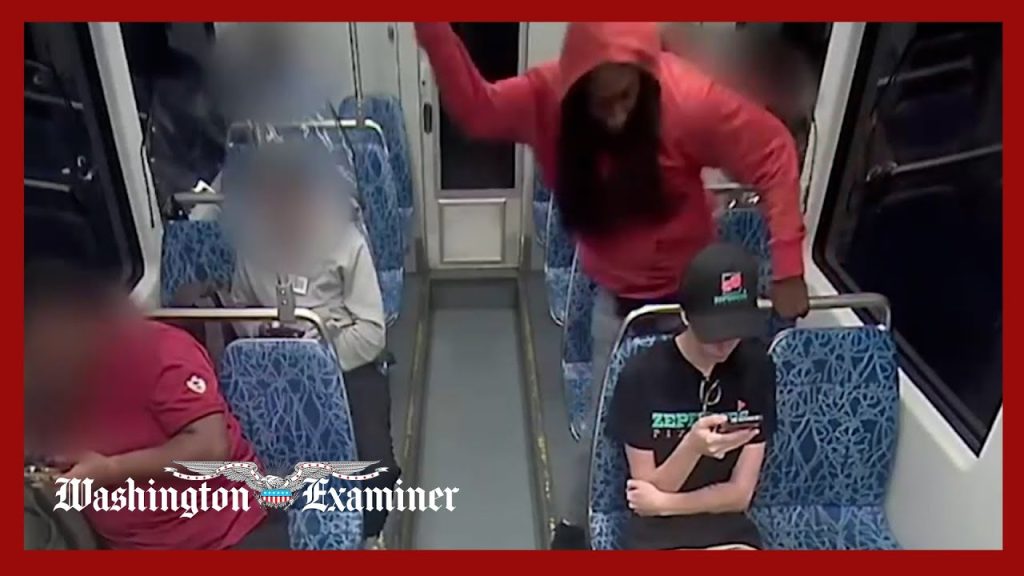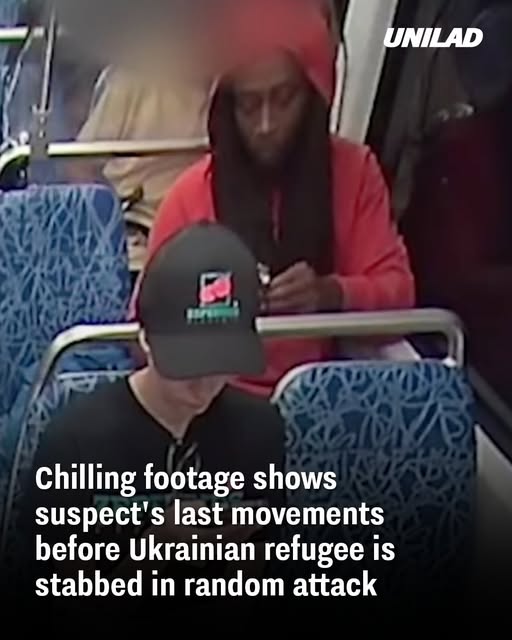In a deeply unsettling incident, 23-year-old Iryna Zarutska, a Ukrainian refugee, was fatally stabbed on a Charlotte light-rail train. Having fled the war in Ukraine with her family, she boarded the Lynx Blue Line train on the evening of August 22, 2025, seeking a fresh start. Tragically, her life was cut short in a senseless, random attack. The sheer violence of the act has reignited debates over transit safety, media coverage, mental-health protocols, and public policy.
Incident Overview
On August 22, 2025, at approximately 10 p.m., Iryna boarded the light-rail train at the East/West Boulevard station in Charlotte, North Carolina. She sat in front of a man later identified as 34-year-old Decarlos Brown Jr. Without any interaction, he suddenly produced a knife and stabbed her three times—once in the neck. She collapsed and died at the scene despite the swift response of fellow passengers. Brown calmly walked to the far end of the car, removed his hoodie, and shortly thereafter was arrested by police waiting at the next platform.

Victim’s Profile
Iryna Zarutska was just 23 years old. She came to the United States as a refugee, escaping the chaos of war with her mother, sister, and brother. Known for her artistic talents and love for animals, she dreamt of a new life—perhaps even a career as a veterinary assistant. She was remembered by friends and coworkers as bright, creative, and compassionate—qualities now tragically silenced.
The Suspect
Decarlos Brown Jr., a 34-year-old homeless man, had a lengthy criminal history including prior convictions and arrests. Earlier in the year, though known to have serious mental-health issues—including schizophrenia—he was released without bond after misusing emergency services. His prior encounters with the legal system, combined with untreated mental-health concerns, have become central to the ensuing public debate.
Footage and Aftermath
Authorities released surveillance footage capturing Brown’s last movements before the attack. The video shows him seated calmly—hood up, hand on his face—visual details that only amplify the horror of the attack’s randomness. Afterward, Charlotte transit officials and safety advocates have called for stronger security measures: more fare enforcement, presence of personnel, and investment in public-transit safety.
Official Reactions
Charlotte Mayor Vi Lyles, calling the attack “senseless and tragic,” requested media and the public refrain from sharing graphic footage out of respect for Zarutska’s family. She emphasized community support and the need to protect vulnerable individuals, including those experiencing mental-health crises. North Carolina’s governor, Josh Stein, expressed heartbreak and urged increased law-enforcement presence across public spaces.
Political and Public Response
The incident has been seized upon by political leaders and commentators as emblematic of broader concerns. Former President Donald Trump decried the crime, calling the perpetrator “evil” and pledging harsh responses to violent offenders. He also criticized bail systems he believed were too lenient. Conservative figures, including Elon Musk, highlighted perceived imbalances in media coverage—suggesting the attack received less attention due to the victim’s ethnicity. Meanwhile, websites and social platforms lit up with discussion—some accusing mainstream outlets of silence, others demanding justice-system reform.

Systemic Issues and Calls for Reform
The killing has spotlighted gaps in America’s mental health and judicial systems. Critics argue that Brown’s release without proper evaluation exemplifies a failure to adequately assess dangerous individuals. Advocates are pushing for mandatory competency evaluations, improved screening, and supportive interventions for those in crisis. At the same time, public transit agencies in Charlotte have committed to revising safety protocols. City officials and transit authorities are under pressure to regain public trust through tangible security enhancements.
Legacy and Mourning
In the days following the tragedy, the community has rallied in grief and remembrance. A GoFundMe campaign is supporting Zarutska’s family as they mourn the loss of a daughter and sister who sought safety and opportunity. Her death now serves as a painful reminder of fragility, and as a catalyst for discourse on protection, compassion, and justice in urban public spaces.

















